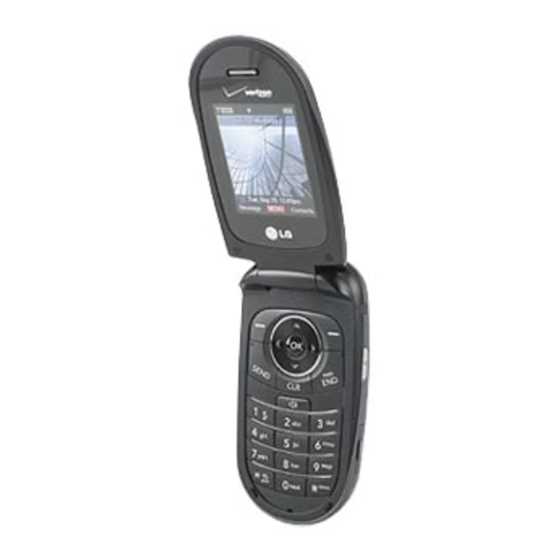
Understanding how to effectively operate your mobile device can greatly enhance your experience, allowing you to take full advantage of its features and capabilities. This guide is designed to provide you with all the necessary information to make the most out of your gadget, ensuring smooth and efficient usage.
In the following sections, you’ll find a wealth of knowledge ranging from basic setup procedures to advanced tips and tricks. Whether you’re a new user looking to familiarize yourself with the essential functions or someone looking to master more sophisticated settings, this guide offers something for everyone. By following these clear and concise instructions, you’ll be able to navigate your device with confidence and ease.
Explore the different options available to customize your device according to your preferences. Learn how to optimize settings, manage applications, and troubleshoot common issues. With these detailed explanations and practical advice, you’ll be equipped to handle any situation that arises, ensuring your device remains a powerful tool in your daily life.

To establish a stable and reliable connection with your service provider’s network, follow the steps outlined in this section. Proper connectivity ensures you can make calls, send messages, and access the internet seamlessly.
Initial Setup for Network Access

Begin by ensuring that your device is powered on and has sufficient battery life. Navigate to the settings menu, where you can configure network options. Locate the section for mobile networks and select it to start the setup process.
- Open the settings menu on your device.
- Select the option for network or mobile settings.
- Ensure mobile data is enabled to connect to the service provider’s network.
Activating Network Services
If the connection does not establish automatically, you may need to manually select the service provider. This involves scanning for available networks and choosing the appropriate one from the list provided.
- Go to the network settings on your device.
- Select “Search for networks” or a similar option.
- Choose the correct network from the list of available options.
After these steps, your device should connect to the network. In case of any issues, consider restarting your device or checking for any network-related notifications. This helps ensure that all settings are correctly configured for optimal connectivity.
Customizing Your Phone Settings
Understanding how to adjust the settings on your device allows you to personalize it according to your preferences. By customizing various features, you can enhance your user experience, making your device more intuitive and aligned with your daily needs.
Below is a table that outlines some key settings you can adjust to tailor your device experience:
| Feature | Description |
|---|---|
| Display | Adjust brightness, choose wallpaper, and configure screen timeout to optimize battery usage and visibility. |
| Sound | Modify volume levels for calls, notifications, and media, and select unique ringtones and alert tones. |
| Notifications | Manage which apps can send alerts and how those alerts are displayed, ensuring you stay informed without being overwhelmed. |
| Privacy | Control app permissions and manage location settings to maintain your security and confidentiality. |
| Connectivity | Set up Wi-Fi, Bluetooth, and mobile networks to ensure seamless
Troubleshooting Common IssuesAddressing typical challenges can enhance the overall experience with your device. By understanding common issues and how to resolve them, you can ensure smoother operation and avoid unnecessary frustrations. Battery Life Concerns
If you notice that the battery doesn’t last as long as expected, start by checking the power-hungry apps running in the background. Reducing screen brightness and disabling unused features can also help conserve energy. In some cases, a simple restart might refresh system processes, extending battery life. Connectivity Problems
When facing difficulties connecting to networks or other devices, ensure that the relevant settings are correctly configured. Restarting the device or resetting network configurations can often resolve connectivity issues. If the problem persists, it might be necessary to check for software updates or perform a system reset to restore optimal performance. Maintaining and Updating Your DeviceTo ensure optimal performance and longevity, it is crucial to regularly care for and enhance your device. Regular maintenance and timely updates help avoid potential issues, keep the system running smoothly, and provide access to the latest features. Regular Maintenance
Consistent upkeep includes cleaning both the exterior and interior components. Ensure that the device is free from dust and debris, which can affect functionality. Additionally, periodically checking for software updates and running diagnostics can help identify and address any emerging issues early on. Staying Up-to-DateUpdating the software is essential for securing your device against vulnerabilities and gaining access to improved functionalities. By enabling automatic updates, you can ensure that your system remains current without manual intervention. Regular updates also contribute to the overall stability and performance of your device, ensuring it operates at its best. |


